Exploring 7 Generator Fuel Options: A Comprehensive Guide
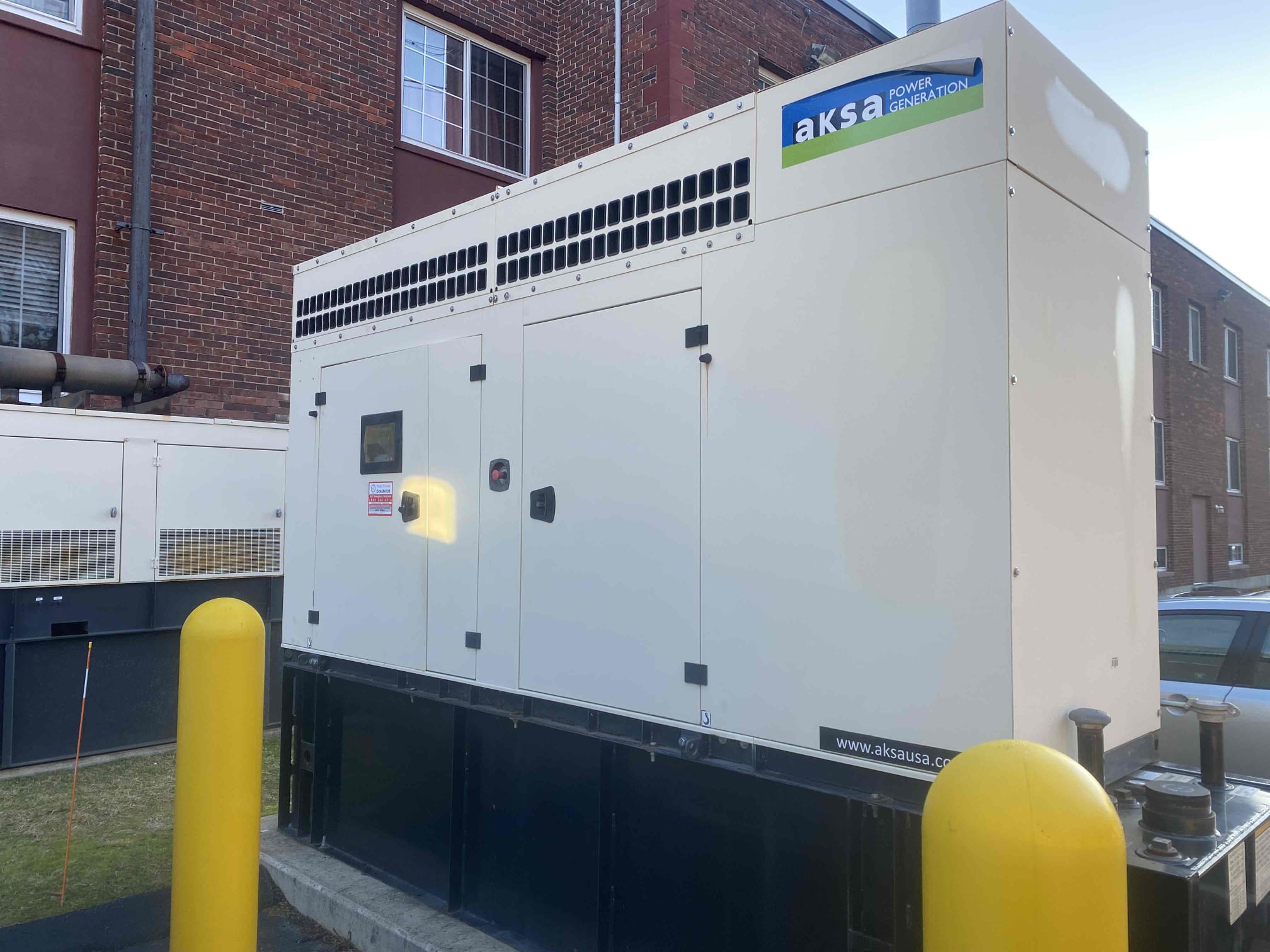
When it comes to choosing the right generator for your needs, fuel type is a crucial consideration. Each fuel option offers distinct benefits and drawbacks, influencing performance, cost, and operational efficiency. In this article, we’ll explore the various generator fuel options, including gasoline, diesel, natural gas, liquid propane, dual-fuel, bi-fuel, and tri-fuel systems. Understanding these options will help you make an informed decision that aligns with your specific requirements.
Table of Contents
Gasoline Generators
Advantages:
- Accessibility: Gasoline is widely available at most fuel stations
- Cost-Effective: Typically less expensive than diesel and propane
- Ease of Use: Generators powered by gasoline are often easier to start and operate
Disadvantages:
- Storage: Gasoline has a limited shelf life and requires careful storage to avoid deterioration
- Safety: Gasoline is highly flammable, which necessitates proper handling and storage precautions
- Efficiency: Gasoline generators are generally less fuel-efficient and may require more frequent refueling compared to diesel generators
Typically For: Home use, small businesses, and recreational applications
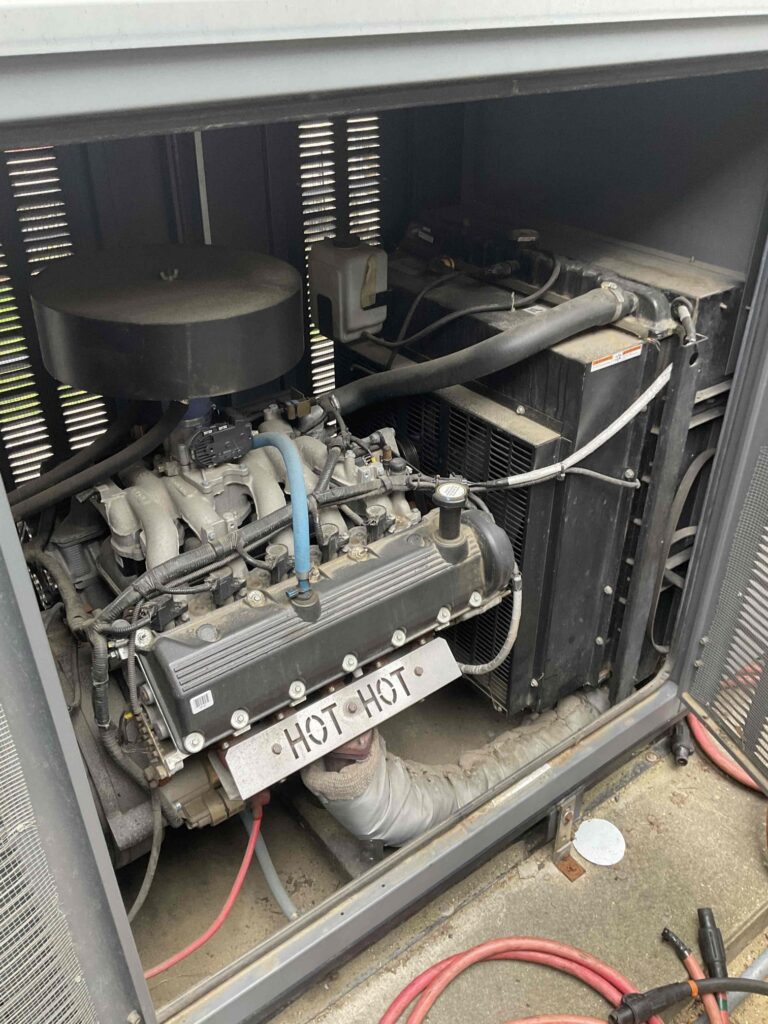
Diesel Generators
Advantages:
- Durability: Diesel engines are known for their long-lasting performance and reliability
- Efficiency: Diesel generators offer better fuel efficiency and longer run times compared to gasoline generators
- Power Output: Ideal for high-power applications and industrial use
Disadvantages:
- Cost: Diesel fuel is often more expensive than gasoline, and diesel generators typically have a higher initial cost
- Maintenance: Diesel engines may require more maintenance, including regular checks and servicing
- Storage: Diesel fuel has a limited shelf life and requires careful storage to avoid deterioration
- Noise: Diesel generators can be louder than other types, which may be a concern in noise-sensitive environments
Typically For: Industrial applications, large-scale businesses, and backup power for critical infrastructure
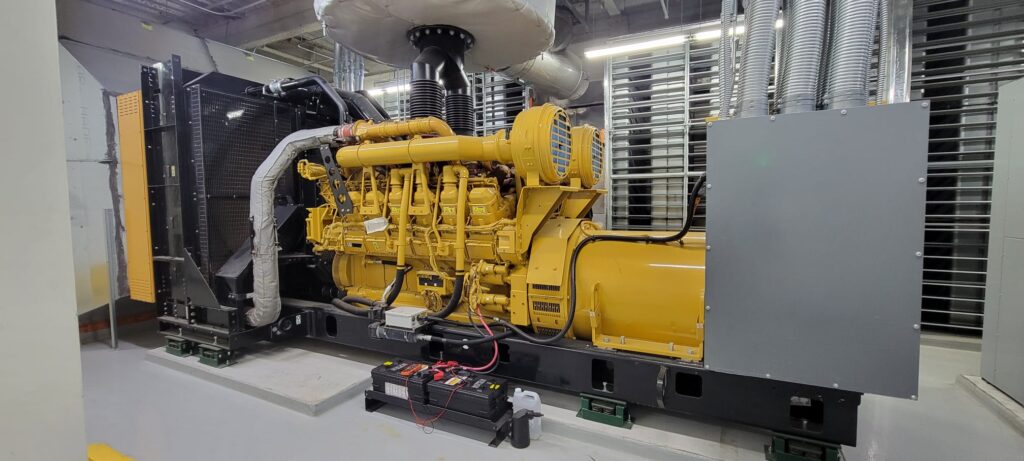
Natural Gas Generators
Advantages:
- Clean Burning: Natural gas burns cleaner than gasoline and diesel, resulting in lower emissions
- Cost-Effective: Generally less expensive than diesel and propane
- Convenience: Provides a continuous fuel supply if connected to a natural gas line
Disadvantages:
- Installation: Requires a connection to a natural gas line, which may involve additional installation costs
- Power Outages: In the event of a gas line disruption, the generator may be rendered inoperable
Typically For: Commercial and residential applications with access to a natural gas supply
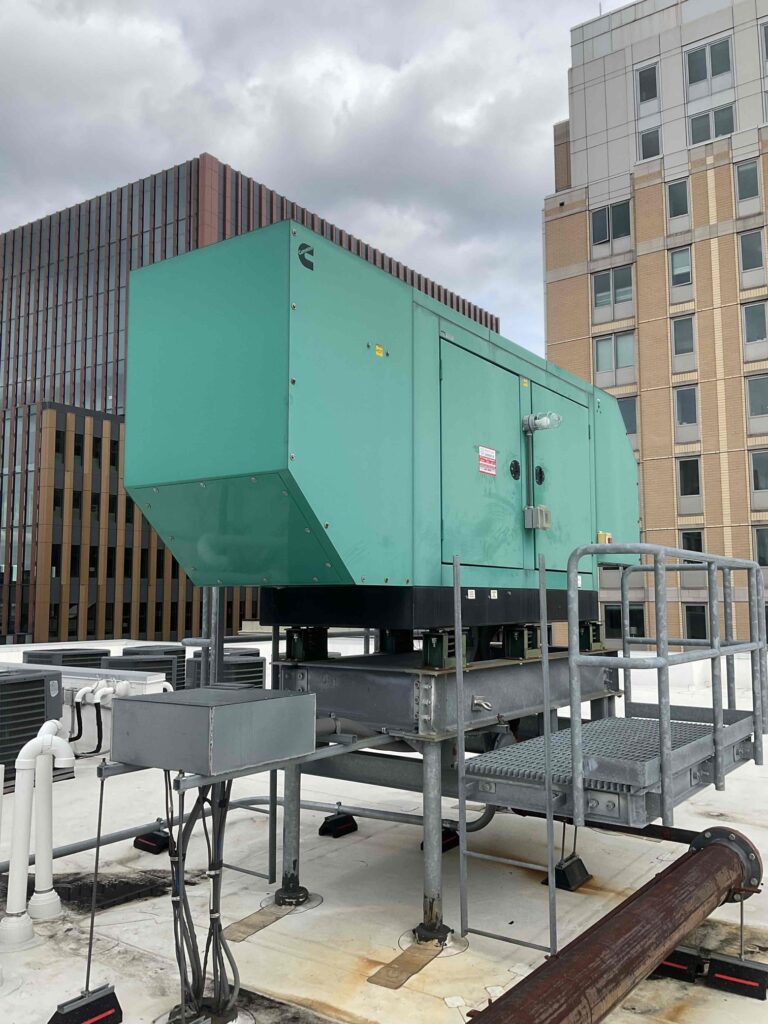
Liquid Propane (LP) Generators
Advantages:
- Clean Fuel: LP is a clean-burning fuel with fewer emissions compared to gasoline and diesel
- Storage: Propane can be stored for long periods without degrading
- Efficiency: Generally offers efficient performance and lower operational costs
Disadvantages:
- Availability: Requires access to propane tanks, which may not be as readily available as gasoline
- Cost: Propane can be more expensive than gasoline in some areas
Typically For: Residential use, rural areas, and places with limited access to natural gas
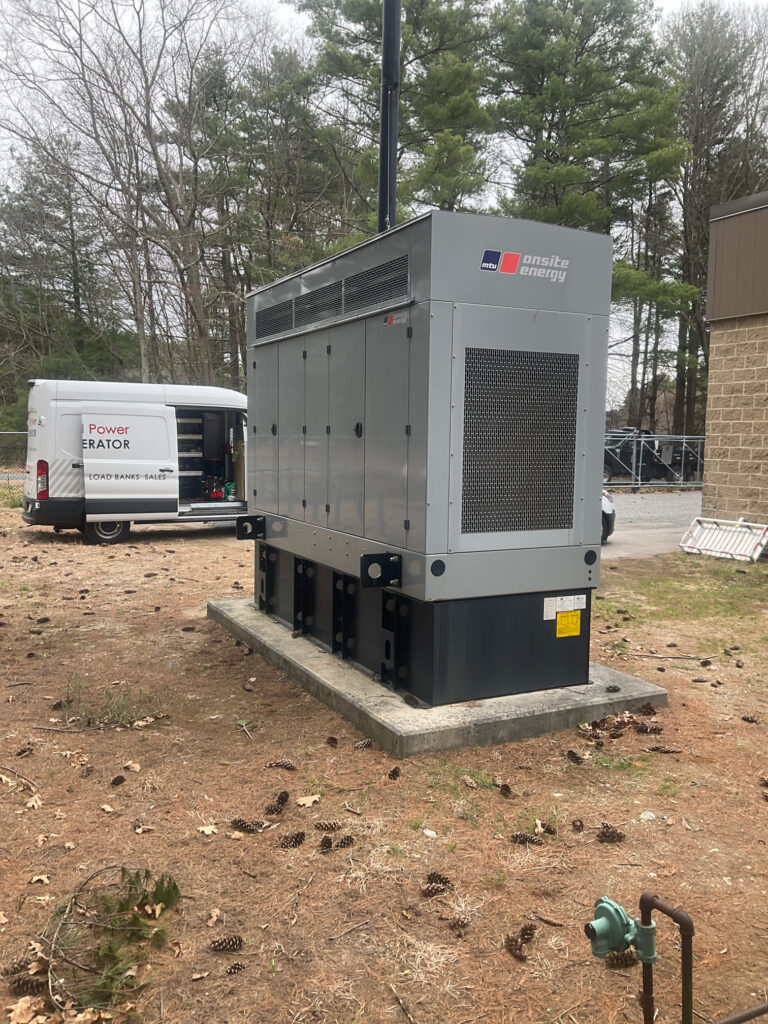
Dual-Fuel Generators
Advantages:
- Flexibility: Can operate on two types of fuel, usually gasoline and propane, offering versatility
- Convenience: Provides an alternative fuel source if one becomes unavailable
- Efficiency: Can optimize fuel use based on availability and cost
Disadvantages:
- Complexity: May involve more complex systems and maintenance requirements
- Cost: Typically higher initial cost compared to single-fuel generators
Typically For: Residential applications seeking flexibility and those in areas with fluctuating fuel availability
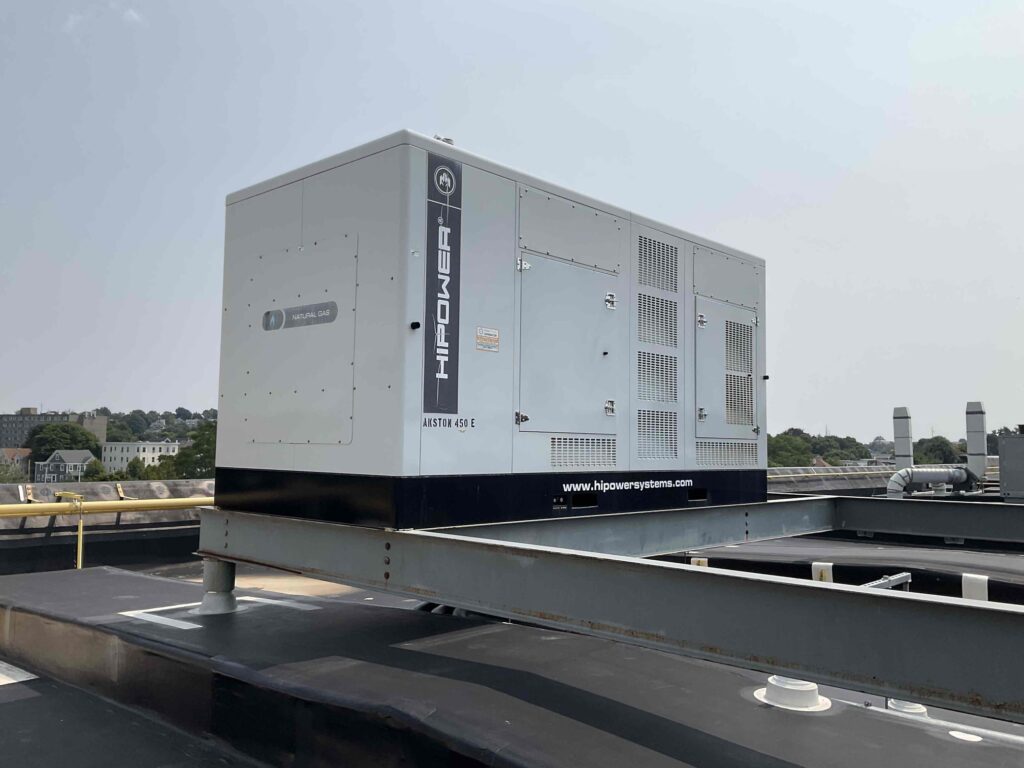
Bi-Fuel Generators
Advantages:
- Flexibility: Operates on two different fuels simultaneously, usually natural gas and diesel, for enhanced reliability
- Efficiency: Provides a backup fuel source, ensuring continuous operation during fuel shortages
- Environmental Impact: Can reduce emissions by utilizing cleaner fuels
Disadvantages:
- Complexity: Requires a more intricate system and careful management of fuel types
- Cost: Higher upfront investment and potential maintenance complexities
Best For: Industrial and commercial applications requiring uninterrupted operation and reduced environmental impact
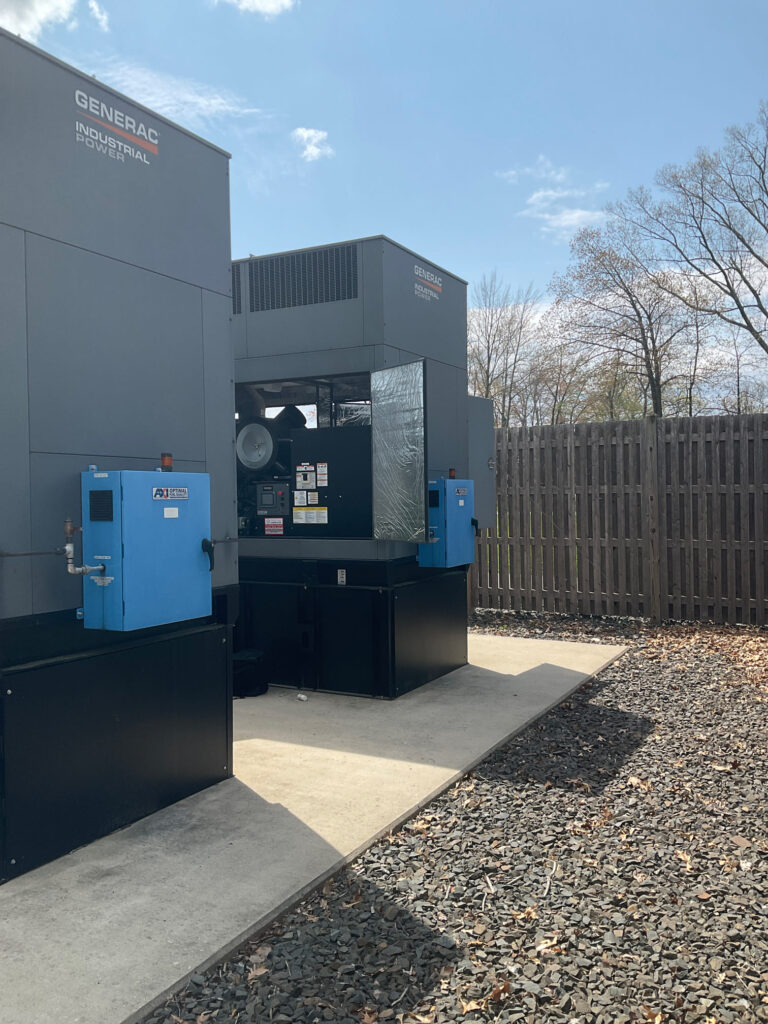
Tri-Fuel Generators
Advantages:
- Ultimate Flexibility: Capable of operating on three different fuels
- Reliability: Offers the highest level of fuel flexibility and reliability
- Adaptability: Ideal for locations with variable fuel availability or specific fuel preferences
Disadvantages:
- Cost: Generally the most expensive option due to its advanced technology and capabilities
- Maintenance: Increased complexity may lead to higher maintenance requirements
Best For: High-demand applications where maximum flexibility and reliability are essential
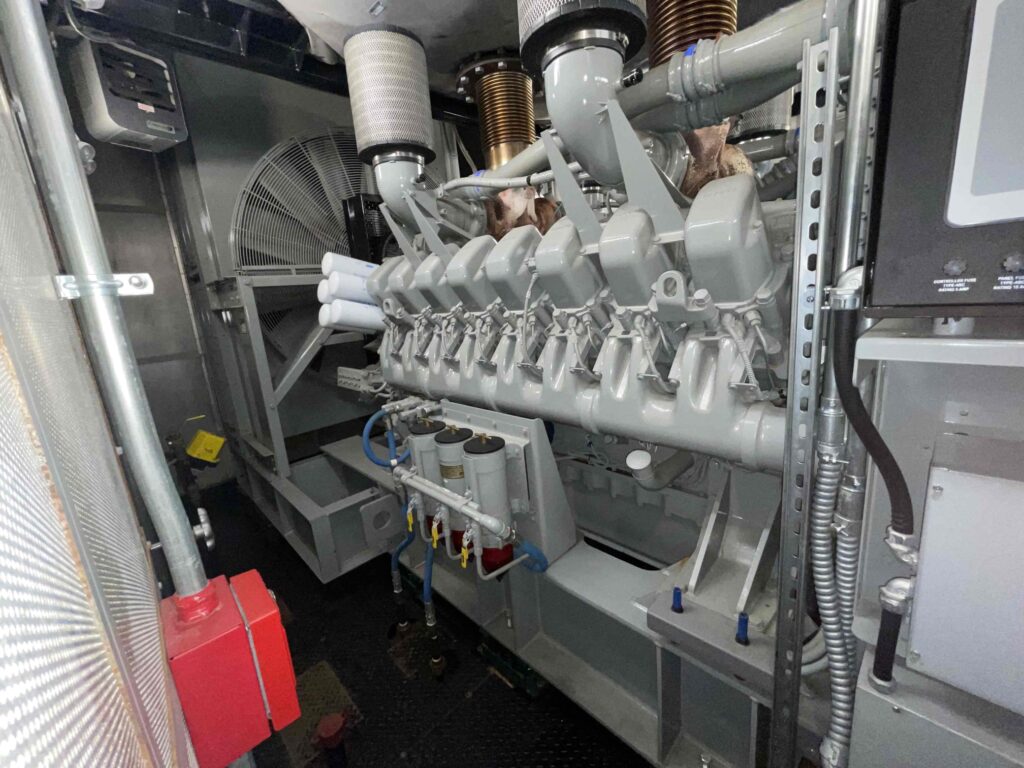
Conclusion
Choosing the right generator fuel option depends on various factors, including availability, cost, efficiency, and environmental considerations. Whether you need a reliable backup power source for your business, a robust solution for industrial use, or a flexible system for varying conditions, understanding the advantages and limitations of each fuel type will guide you to the best choice for your needs. Evaluate your specific requirements, budget, and operational environment to make an informed decision that ensures reliable power and optimal performance.
For personalized advice on selecting the right generator for your needs, feel free to reach out to our team at Weld Power Generator. We’re here to help you power your operations with the most suitable and efficient solutions.
